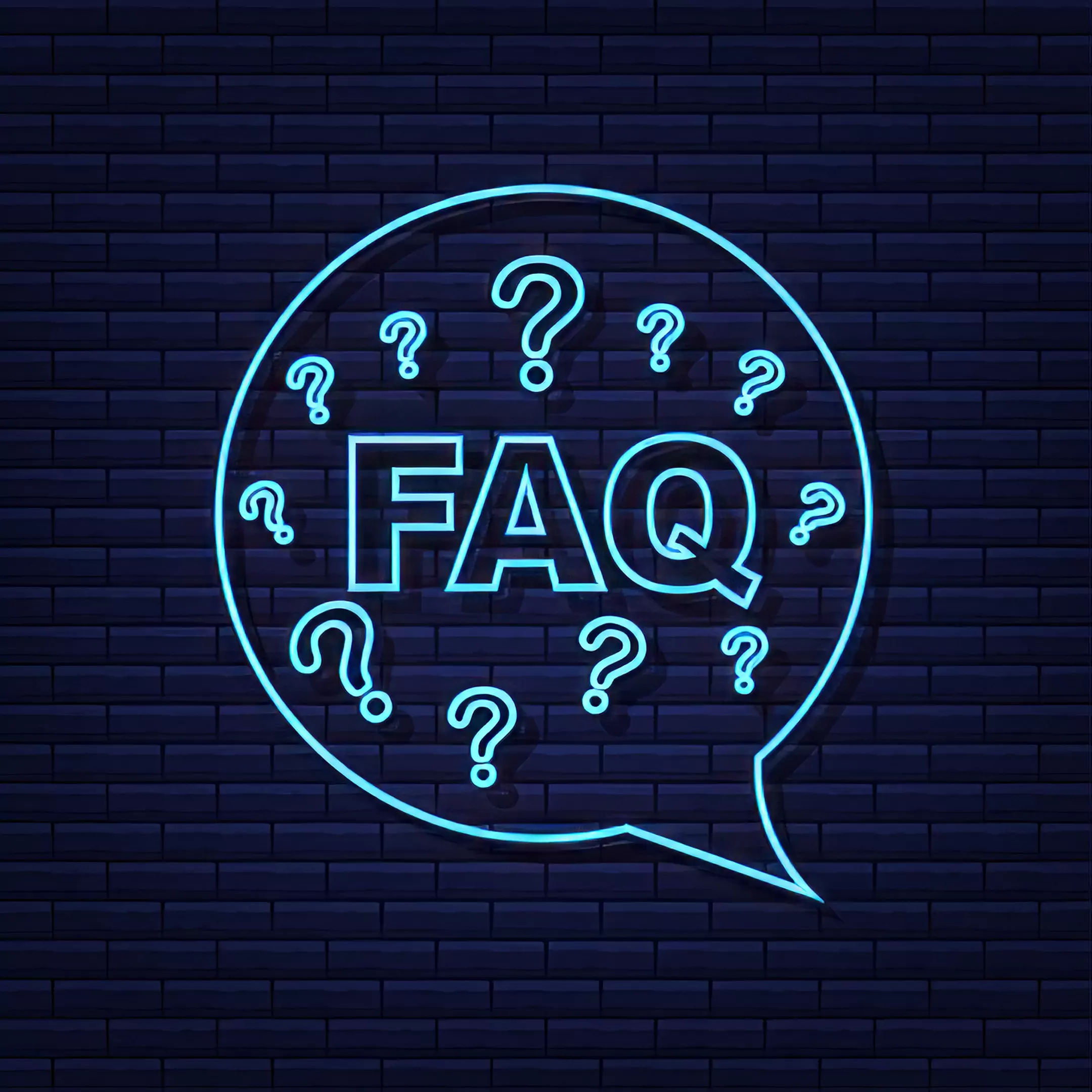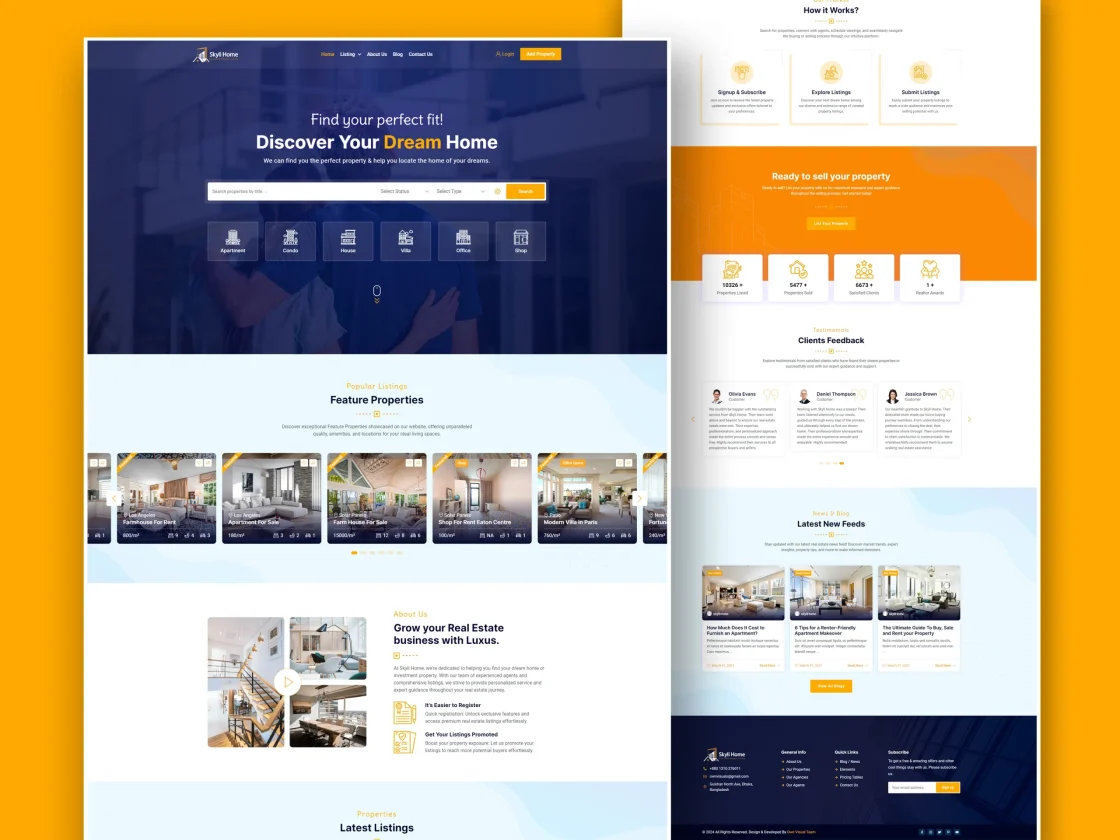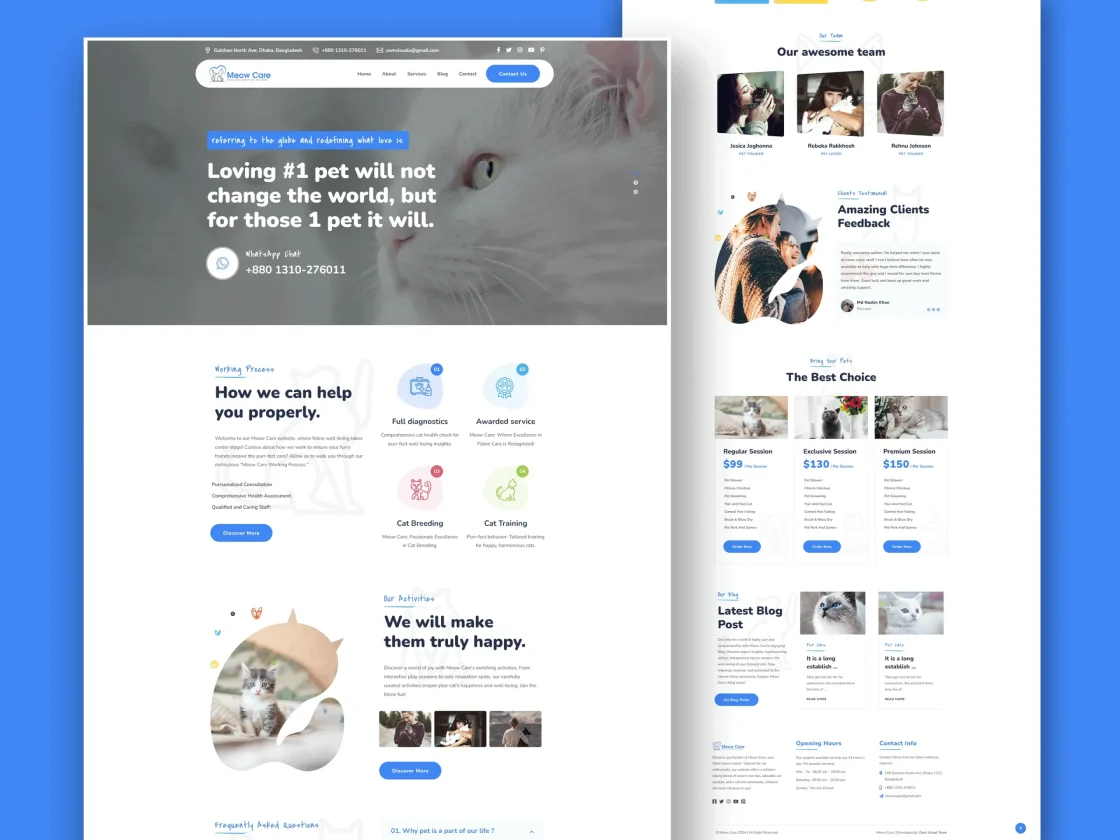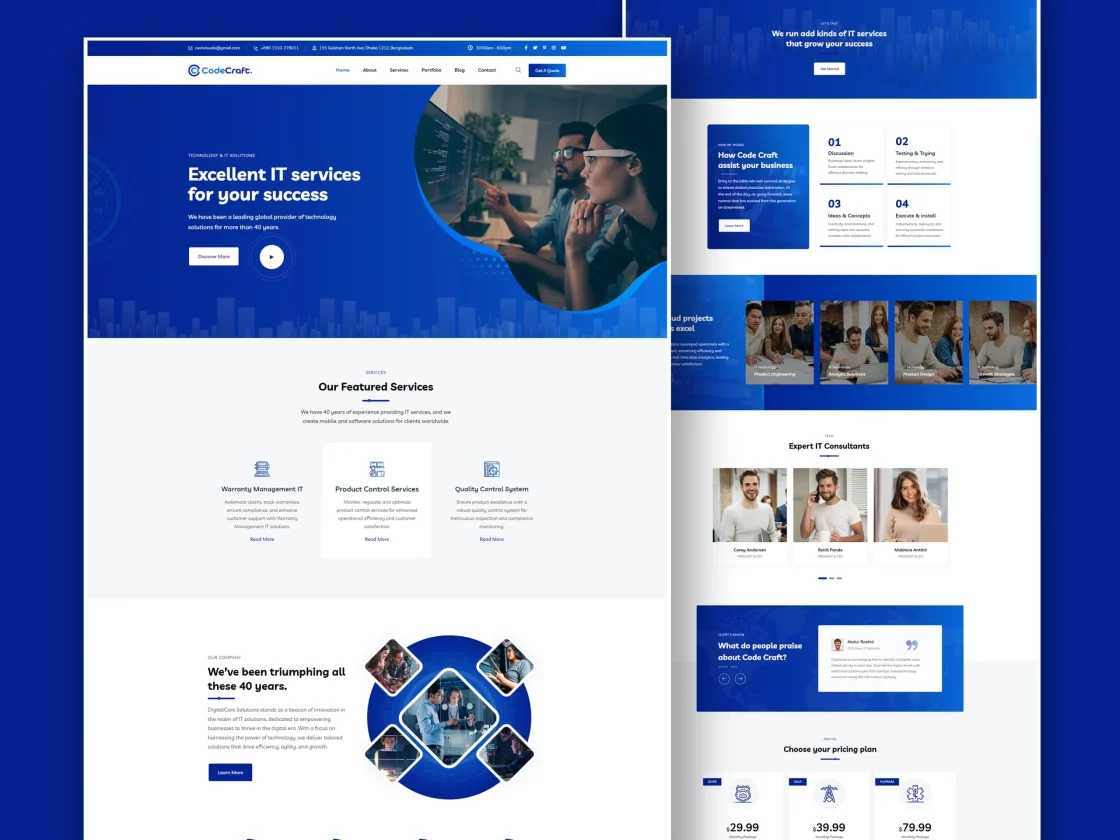- Home
- Web Design
- Custom Website
- Home
- Custom Website
Custom Website Design
Custom website design services involve the creation of unique and tailored websites to meet the specific needs and preferences of clients. Unlike using pre-built templates or themes, custom website design provides a personalized and one-of-a-kind online presence. Here’s an overview of what custom website design services typically entail:
Key Features:
Client Consultation:
- The process usually begins with a detailed consultation to understand the client’s goals, target audience, brand identity, and functional requirements for the website.
Requirement Analysis:
- Designers work closely with clients to analyze and document specific features and functionalities the website needs to have. This includes understanding the desired user experience, technical requirements, and any unique aspects related to the industry or business.
Wireframing and Prototyping:
- Designers create wireframes and prototypes to outline the website’s structure and layout. This serves as a blueprint for the design and functionality, allowing clients to visualize the user interface before development begins.
Custom Design Mockups:
- Based on the wireframes, designers create custom design mockups that showcase the look and feel of the website. Clients have the opportunity to provide feedback and request revisions to ensure the design aligns with their vision.
Graphic and Branding Elements:
- Custom website design includes the creation of unique graphics, logos, and branding elements that align with the client’s brand identity. This ensures a consistent and cohesive visual representation across the website.
Responsive Design:
- Custom websites are designed to be responsive, ensuring a seamless and optimized experience across various devices, including desktops, tablets, and mobile phones.
Front-End Development:
- Once the design is approved, front-end developers translate the mockups into a functional website using HTML, CSS, and JavaScript. This involves implementing animations, transitions, and other interactive elements as needed.
Back-End Development:
- For dynamic websites or those with specific functionalities, back-end development may be necessary. This involves implementing databases, server-side scripting, and other technologies to handle data and user interactions.
Content Integration:
- Designers and developers assist in organizing and integrating content into the website, ensuring it aligns with the design and is presented in a user-friendly manner.
Testing and Quality Assurance:
- Rigorous testing is conducted to ensure the website functions correctly across different browsers and devices. This phase includes checking for usability, performance, and resolving any bugs or issues.
Launch and Deployment:
- Once testing is successful, the website is ready for launch. Designers work with clients to deploy the website to the hosting environment, making it accessible to the public.
Training and Support:
- Custom website design services often include training sessions for clients on how to manage and update their websites. Ongoing support may be provided for any post-launch issues, updates, or additional features.
Custom website design services are ideal for businesses or individuals looking for a unique and tailored online presence that perfectly matches their brand and specific requirements. These services involve a collaborative effort between designers, developers, and clients to achieve a website that stands out and delivers a seamless user experience.
FAQ
Get Every Answers
Custom website design involves creating a unique and tailored website from scratch, specifically designed to meet your individual requirements. Unlike pre-made templates, custom design allows for unlimited creativity, personalized functionality, and a distinct online presence.
A custom website design ensures that your online presence is one-of-a-kind, aligning with your brand identity and business goals. It allows for personalized features, optimal user experience, and better scalability as your business grows.
Custom websites are designed with scalability in mind. If you need additional features in the future, your designer can assess the feasibility of integrating them into the existing design. Regular maintenance and updates can also ensure your website stays current.
Yes, a reputable custom website designer ensures that the website is responsive and optimized for various devices, including smartphones and tablets, to provide an excellent user experience across all platforms.





